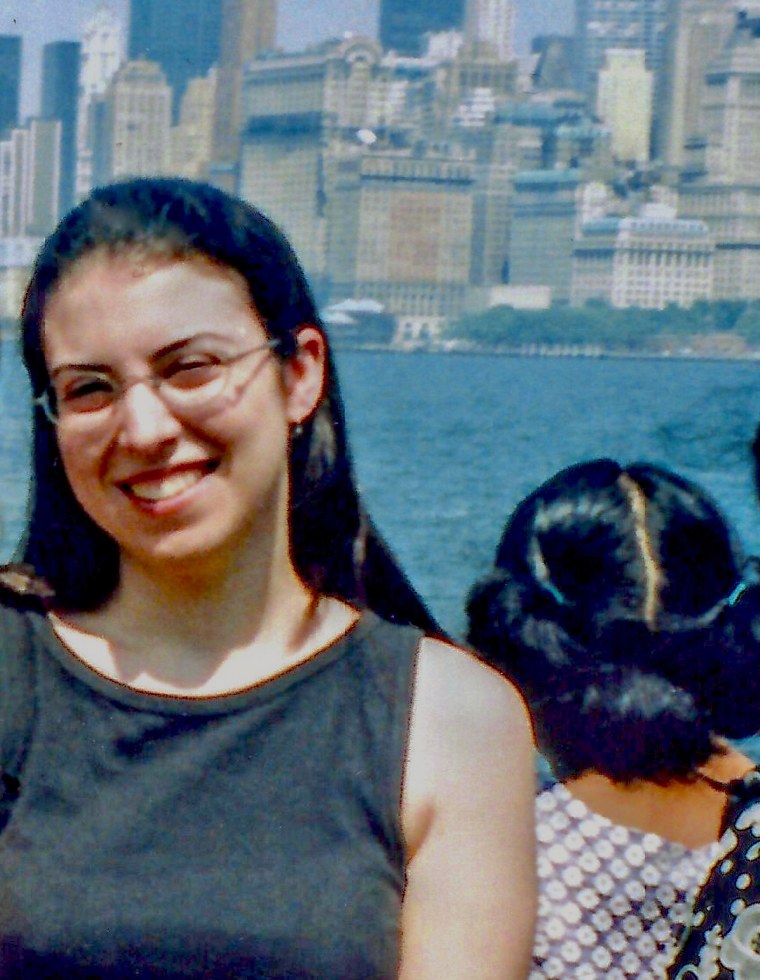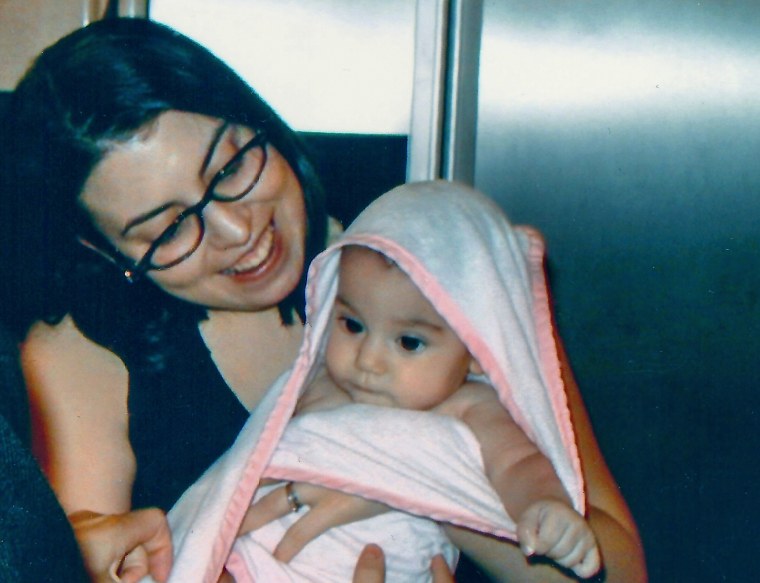Less than a minute into my speech, I felt the shaking. A shiver in my legs became full-fledged tremors that almost knocked my bare knees together. I kept reading the words on my paper, which by then was visibly rippling. The students in the front row, seated inches from the open area where I stood, started to whisper and laugh. I couldn’t stop my legs from moving and I knew the whole class could tell. My face flushed red and the rush of heat triggered sweat. I wanted to stop and run, but the teacher quieted the class and I awkwardly rattled off the rest of my speech.
Before that day when I was 14, I didn’t realize I could have public speaking anxiety. I’d been in lots of school productions, even with solos, in front of filled auditoriums. But this time, practicing the speech I was set to give at a big debate competition, it was just me, in a smaller room filled with students I didn't know.
Fear is a part of life
An involuntary response to fear is both common and sometimes necessary to help us perform to our highest potential.
“You get up to give a speech, you need to be somewhat anxious, so you pull it together and you prepare yourself,” Shuli Sandler, a clinical psychologist and psychotherapist in Teaneck, New Jersey, told TMRW. “Part of what people are so afraid of is making mistakes and 'What would happen if I make a mistake?' The response I always give is, 'What would happen?' Mistakes are actually great for learning.”
This is what’s happening: The sympathetic nervous system triggers a physical response when we sense danger or rejection. A portion of the brain called the amygdala activates fear to push us to protect ourselves, it’s a form of the “flight-or-fight” response.
For more like this, follow TMRW on Instagram at @tmrwxtoday.
Here’s the good news: If you have a panic attack, or even just a temporary physical reaction to fear, it’s only a matter of time before the body releases calming hormones to balance it. And it’s nothing to be ashamed of; both everyday anxieties and anxiety disorders are incredibly common, especially now.
“A lot of people are asking, ‘Hey, am I the only one?’ and then that feeling in and of itself makes things a lot worse,” Dr. David H. Rosmarin, the founder of the Center for Anxiety, told TMRW. “The scope of anxiety and stress that people are feeling today, it’s through the roof.”
One in five adults said they’ve experienced some kind of anxiety in the past year and more than 31% will have it some time in their lives, according to a survey reported by the National Institutes of Mental Health. Adolescents reported even more anxiety in a year than adults, almost 32%.
“Anxiety is a part of life ... it’s not a pleasant part of life, but it doesn’t mean that you’re broken and it doesn’t mean there’s something wrong with you,” Rosmarin said. “It just means that you’re pushing the limits and to learn to accept that.”
When uncertainty is high, fear can feel overwhelming
My near failure in such an intimate setting felt intensely personal then and I was afraid to take the risk of going on to the real debate. I didn’t know if I could do it. But, I also didn’t want to let the school down.
“The amount of self-criticism that we have for ourselves can be so daunting and so overwhelming,” Sandler said. “I always encourage people to kind of notice the layer of criticism that they’re attaching to whatever action or situation and try to peel it off.”
I found a skirt long enough to cover my knees and practiced a lot. When I showed up to the competition, we were seated at covered tables and I was so grateful. Although I didn’t win, third place felt like gold to me.
While high school debates might be anxiety-inducing, early adulthood is filled with moments that drum up fear. Facing big decisions that determine the course of our lives can feel like the weight of a thousand elephants. And we don’t always know which way to turn.
“Uncertainty is high at that point in life: What am I going to do? Am I going to be successful? Is life going to come together for me?” Rosmarin said. “People have a lack of control at that time of their lives.”
Acknowledging fear is important
The freedom to map out our own paths for the first time can be exciting, but also fraught with self-doubt.
When I graduated from college, I moved to a new city with no job, no permanent housing and no cash reserves; nothing but two cats and hulking student loan debt. I was way out of my comfort zone and not entirely sure I’d made the right choice.

“When you’re a kid and when you’re an adolescent and when you’re in college, things are defined: success is defined by an A, get a hundred, do this and you’ll be fine,” Sandler said. “When you’re an adult, the world is much more murky and complicated. So, there’s opportunities for more success, but also more failure.”
Recognizing the constant thrum of anxiety in our current world is important for anyone who’s also trying to make big life decisions, which can often feel risky.
“I think respecting that there is anxiety attached to (the) experience, almost acknowledging it, is important, not just sort of dismissing it as ‘No big deal, you’ll be fine,’” Sandler said.
Pushing through fear can be freeing
I was lucky to find a job and a studio apartment. But within a few years, the decisions became more complicated — and more risky — because they affected other people, too. Should I leave my corporate job with the higher income to be home with my baby? And, years later, with two young children: Should I keep building income slowly through nighttime and naptime work or should I take a chance that grad school would help me support us sooner?

I decided to take the biggest risk of my life. I plugged my nose and dove into a pool of monster loans and two sleep-deprived years juggling childcare, major life changes and an incredible, but grueling master's program.
No, it wasn’t perfect and I sometimes doubted my choice. During those years, I had many bouts of anxiety, which sometimes felt overwhelming. I needed outside help with child care, did that mean I was a bad mom? Was I good enough at the work? Could I handle the pressure? Could I ever reach that glittering goalpost of a “better life?”
“For the most part, life is about taking risks that are attached to strategic success,” Sandler said. “It’s about finding a balance between being thoughtful, but not so thoughtful that we don’t take any action. A middle between those two extremes.”
Sometimes, there are no clear answers. We might have to take risks to move forward, but we can’t always control the outcome. It might get tough, then it might get easier — or not. Asking for help, whether it’s from family, friends or a therapist, is just part of understanding what we need to get through a life transition. And when we do fail, self-compassion is crucial.
"Give yourself permission to mess up, to change your mind and to try different things and be OK with it," Sandler said. "To not have success be so rigidly defined by the amount of money I’ll make, by success in a relationship … allow yourself a fluid model for success."

I’m sending this signal from the other side of my big bet; I’m pretty sure I’m alive. I still carry the burden of loans, but we have more freedom. If I’d always chosen what seemed safe, I wouldn’t have had many choices now, which feels like a bigger risk to me.



